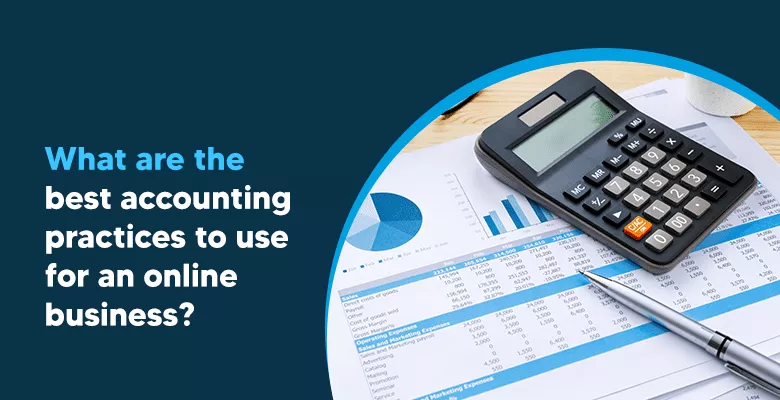Becoming good at accounting involves more than just learning things like what is cash memo. But Good accounting practices are essential for any business. Without them, you will be unable to keep track of all the information you need to make sound decisions and take appropriate steps toward your business goals. Not all businesses have time to focus on accounting techniques, but it is still important to try so because when a business is mismanaged, it can cost hundreds, even thousands, of dollars in lost revenues. If you want your business to succeed, then it is important for managers or owners to keep up on maintaining their records and following the best accounting practices.
1. Track cash flow
Good cash management is essential for any business and can help you identify when a business needs more capital or when it should take advantage of favorable financing opportunities. It also affects your bottom line. By tracking cash flow, you can see trends in your business’s expenditures and ensure they are within budgeted amounts at all times.
Cash tracking can be done with a journal or as part of your general ledger software package. The journal keeps track of all incoming and outgoing transactions throughout the day, while the general ledger software tracks all transactions during a specific time (usually monthly).
2. Utilize Accounting Software
If you aren’t using accounting software, it’s time to get one because it will make your life much easier. But the most commonly used ones are Quickbooks and Xero. Both these programs offer free trial versions that allow users to test their systems before making a purchase decision. Select an accounting software that can help you keep track of the numbers and ensure that you follow all of your accounting rules. This software can also help you plan for future expenses and growth.
3. Separate personal expenses from the business
You should not include personal expenses in the business accounts because they don’t relate to the bottom line of your company’s income or expenses. If you pay for a house cleaning service once a month but forget to include it in your quarterly report, you will be paying twice for something that doesn’t affect your financial status.
4. Master The Three Financial Statements
The first step to audit readiness is to master the three financial statements: the income statement, balance sheet, and statement of cash flows. The income statement is the primary revenue and expense report for your business. The balance sheet provides information about your assets, liabilities, and equity.
Finally, the statement of cash flows shows how much cash came in and went out during a certain period. By mastering these three reports, your accountant can provide critical feedback on how well your business is performing financially and whether any problems need to be addressed before going under the microscope.
5. Select an accounting method
If you have studied the rules of accounting, you must know about different accounting methods. You can visit Khatabook to learn about the different rules of accounting. Your business may have multiple financial statements (e.g., income statements, balance sheets, cash flow statements, etc.). The method you select will determine how the information is reported and how it is used by management and investors.
The most important step in establishing a strong financial foundation is selecting an accounting method for recording transactions. Accounting methods include cash, accrual, and hybrid methods. Cash-based accounting records revenue when cash changes hands, while accrual-based accounting records revenues when the services have been provided or goods have been delivered. Hybrid methods combine elements of both cash and accrual methods to provide the best of both worlds.
